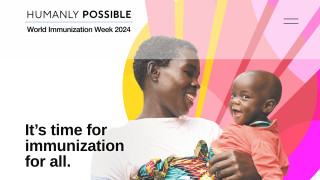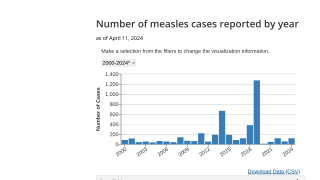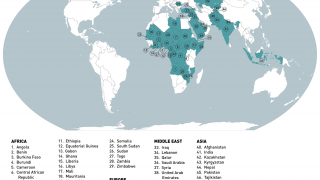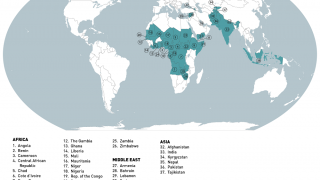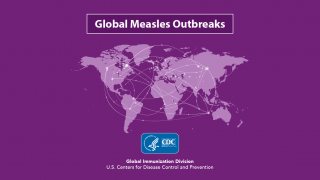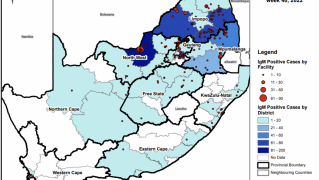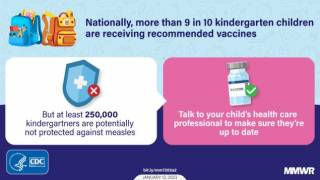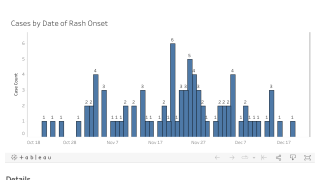AI Technologies Correctly Curtail Vaccine Misconceptions
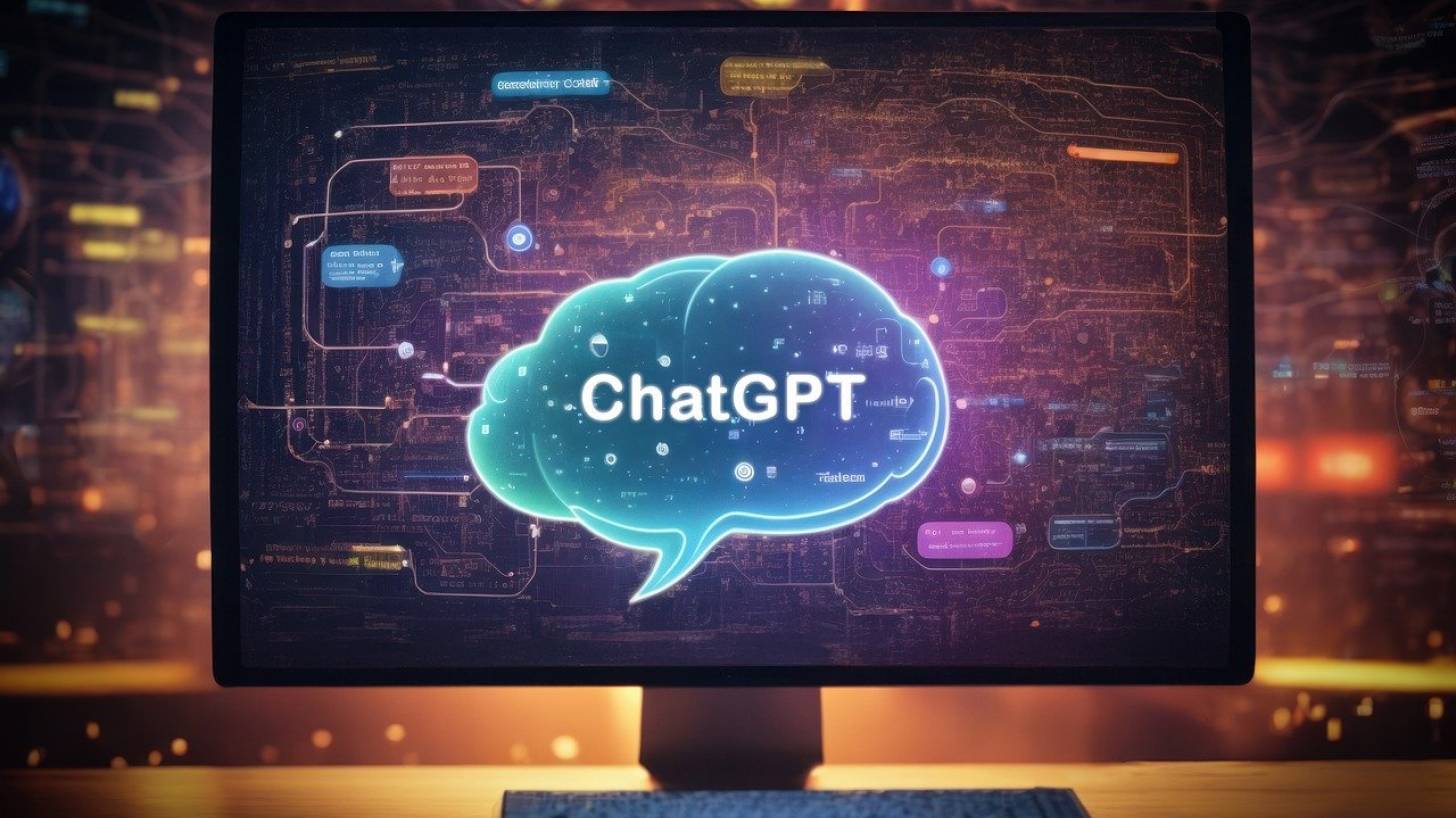
New research being presented at the ESCMID Global Congress shows that ChatGPT, a free-to-use, and widely accessible AI-powered chatbot, could be an effective tool in reducing vaccine hesitancy among the general public.
Even though AI chatbots like ChatGPT were introduced in late 2022, they have been struggling with accuracy issues.
Furthermore, individuals who mistrust health professionals may use technology to address their concerns.
"Our findings showed that ChatGPT displayed a remarkable ability to respond to a wide breadth of commonly asked questions accurately... and misconceptions around vaccination," stated lead author Dr. Matthew Koh from the National University Health System (NUHS) in Singapore in a press release on April 10, 2024.
"In most instances, ChatGPT performed at the level of advice provided by professional organizations and guidelines."
To better understand the issues, researchers from the NUHS tested ChatGPT to see whether it could successfully answer common questions about vaccination.
A team of physicians who run infectious disease clinics asked ChatGPT to answer 15 commonly asked questions on vaccine hesitancy, including doubts about the efficacy of vaccines, concerns about adverse effects, and cultural concerns relating to vaccines.
Two independent infectious disease experts then assessed the AI-generated responses on vaccine hesitancy against recommendations from the U.S. Centers for Disease Control and Prevention Advisory Committee on Immunization Practices.
The researchers found that ChatGPT's overall output provided factual responses and reassurance regarding vaccine hesitancy concerns.
For example, ChatGPT accurately highlighted the indication for measles vaccination in low-incidence settings.
In addition, ChatGPT provided reassurances about allergy and influenza vaccinations.
"Overall, ChatGPTs' responses to vaccine hesitancy were accurate and may help individuals who have vaccine-related misconceptions," says Dr. Koh, an infectious diseases physician at the National University Hospital in Singapore.
"Our results demonstrate the potential power of AI models to assist in public health campaigns and aid health professionals in reducing vaccine hesitancy."
"We believe that ChatGPT should be used in conjunction with, or in addition to, a physician (pharmacist) consultation—the human response is still needed to contextualize the advice that is given to a specific individual's situation and for it to make the most sense and be the most helpful for the patient."
Note: AI-technology reviewed the grammar of this news article.
Our Trust Standards: Medical Advisory Committee




